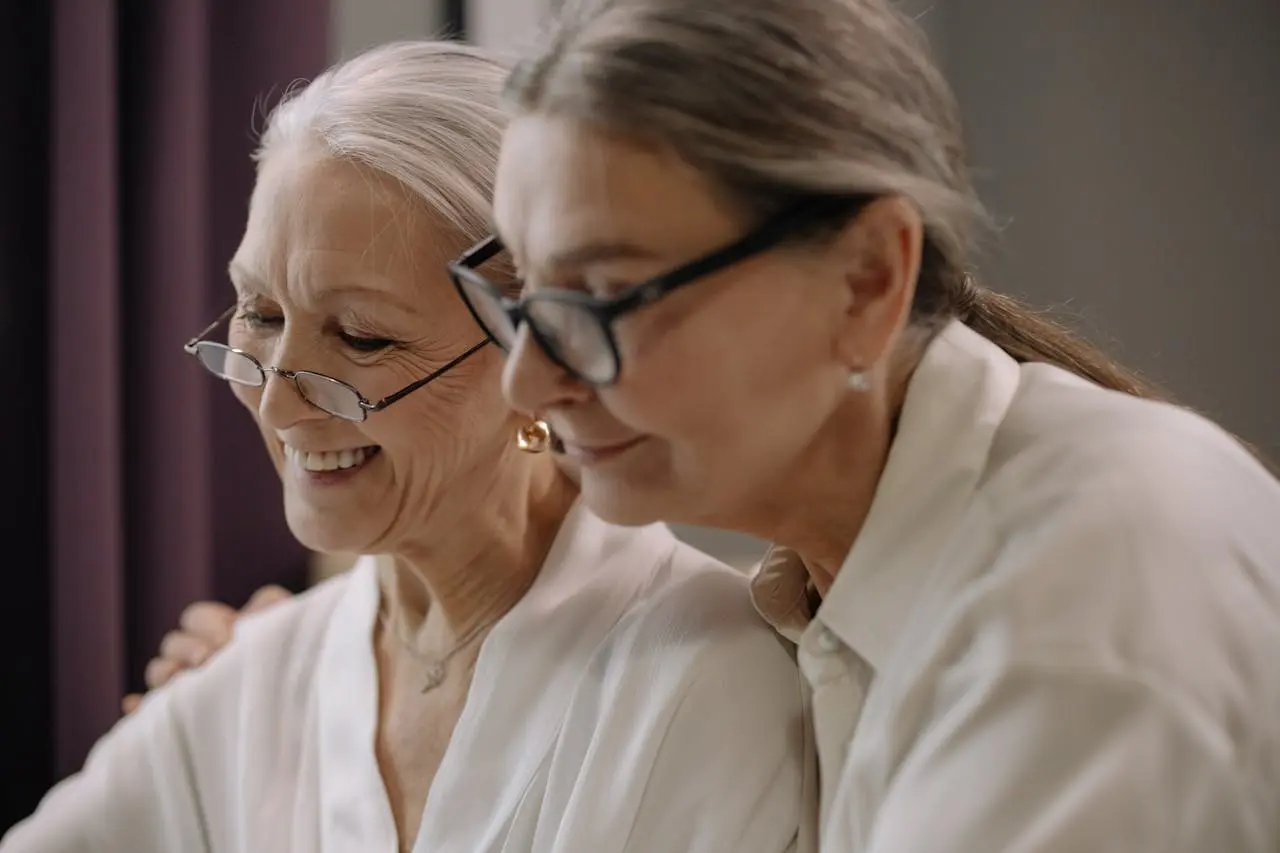The past has data, not destiny. It can guide you, teach you, and even steady you, but only if you stop letting it drive.
Most of us over forty have lived enough life to fill a library. Successes, heartbreaks, reinventions. Every story shaped who we are. But when those stories start calling the shots - when every new idea has to pass through the committee of old mistakes - the past turns from teacher to prison guard.
At Zestizm, we believe wisdom isn’t what holds you back; it’s what gives you the momentum to move differently next time. The question is never did it happen? It’s what did I learn, and how can that serve me now?
Why It Matters
You can’t feel zest if half of your attention is busy policing the past. Energy leaks through rumination, which is the endless mental replay of what you should have said, or how things could have gone. That loop keeps your nervous system in mild alert. You live prepared for a threat that already ended.
Psychologist Susan David calls this emotional agility: the skill of feeling your feelings without letting them define you. In simple terms, it’s naming what you feel like “I’m sad,” “I’m disappointed,” “I’m proud” - instead of fusing with it. When you name emotion, your body relaxes; your thinking brain comes back online. You move from reaction to choice.
That moment of naming is where freedom begins. It’s also where zest begins, because you have just reclaimed the energy that rumination was burning.
Why It Can Feel Hard
The brain is wired to protect, not progress.
Its job is to notice patterns and shout, don’t touch that again! That’s useful for hot stoves, less useful for human growth. Each time something hurt, your mind filed a warning label. Over years, those labels accumulate until your world shrinks to what feels “safe.”
Add midlife responsibilities - aging parents, shifting roles, a body that no longer bounces back - and it’s easy to believe the best chapters are behind you. They are not, they are simply waiting for you to update the script.
Everyday Examples
You stop yourself from starting a new hobby because “I’ve quit before.”
You hold back in conversation because “last time I spoke up, it didn’t land well.”
You avoid joy because “what if I lose it again?”
Each of those is a ghost from an earlier scene running today’s show.
Being informed by the past would sound more like:
“I know quitting felt uncomfortable. This time I’ll start smaller.”
or
“I learned from that awkward moment. I’ll say it differently.”
Same memory, new meaning and that’s growth.
Apply the Learning in Small Ways
Pause the replay.
When an old story resurfaces, breathe once and say quietly, “That was then; this is now.”
The breath signals safety; the words restore time order.
Extract the lesson.
Ask, “What did that experience teach me that’s useful today?” Write one sentence.
Naming the learning closes the mental loop.
Move while you reflect.
Stretch, step outside, or tidy something small.
Physical motion tells the body, “We’re in the present.” Emotion follows motion.
Re-label the identity.
Swap “I’m the one who failed at that” for “I’m the one who learned from that.”
That linguistic upgrade rewires self-concept.
Anchor competence.
Touch two fingers together as you recall a moment you handled well.
Your body remembers confidence faster than your mind does.
Why This Works
Neuroscience confirms that reinterpretation changes physiology.
When you re-evaluate a painful memory, it helps to quiet your fears and bring forward the feeling of peace as you attempt to make sense of it. You literally calm while learning. NLP describes the same process as reframing: changing the frame so a new picture emerges.
Reflection turns pain into information.
Information becomes wisdom.
Wisdom becomes energy you can use.
Capture the Takeaway
The past provides context, not control.
It can inform your next move but it cannot dictate it unless you let it.
Ask yourself tonight:
Which old story still tries to decide who I am?
What proof do I already have that I’m no longer that version?
What small act tomorrow could demonstrate that evolution?
Write your answers; keep them brief. Insight likes brevity.
Your Next Step
The next time an old memory arrives uninvited, don’t wrestle it - welcome it. Listen, learn, and then let it leave.
You are not the memory; you are the one remembering.
That shift from being in the story to standing with it, is where zest returns. Because nothing drains vitality faster than dragging yesterday through today. Be informed. Be wiser. But above all, be here - alive, awake, and free to begin again.




